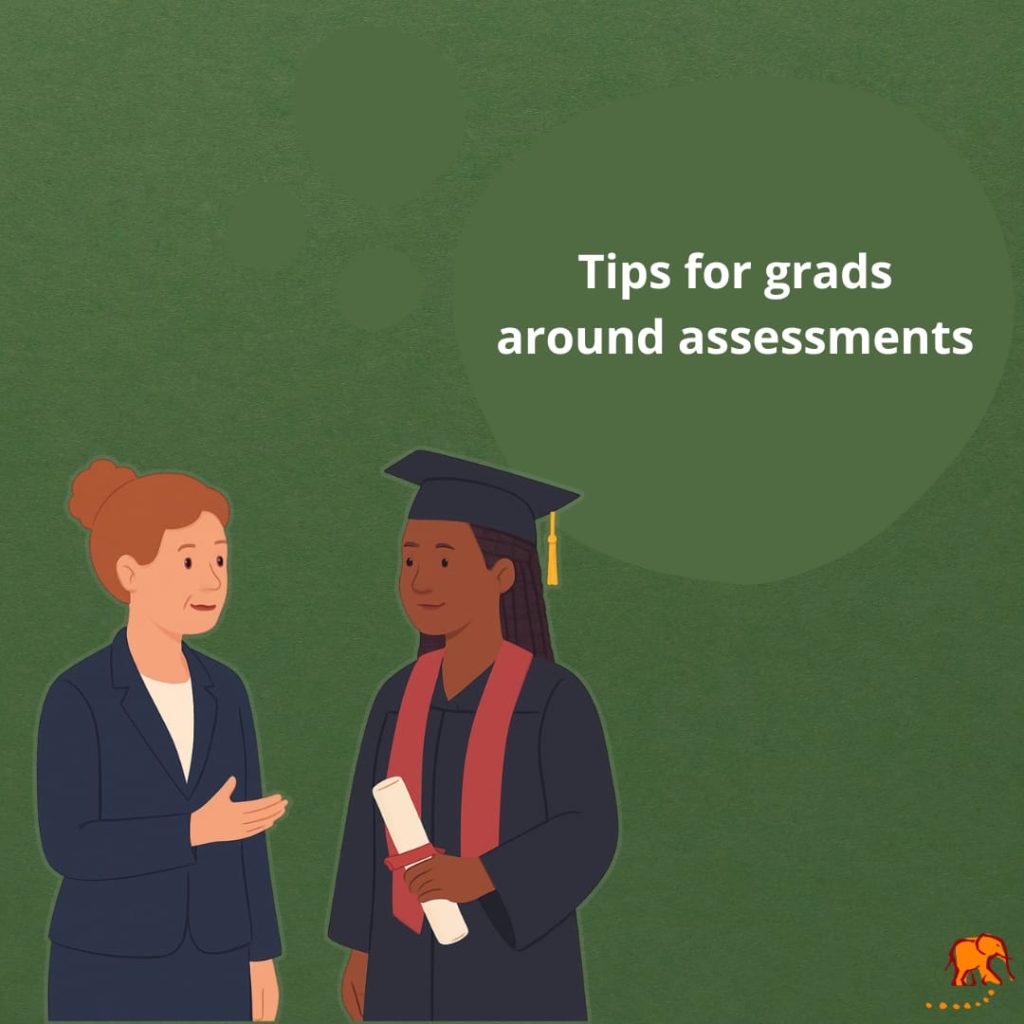
Navigating the graduate recruitment process can be challenging, but preparing effectively can make all the difference. With graduate season upon us, many organisations are looking to hire talented individuals for their graduate development programmes. This article provides tips on how to confidently engage with the different stages of the process, from psychometric tests to interviews and group assessments.
Ace Your Psychometric Assessments: Understand Your Strengths
Psychometric assessments are a key part of the recruitment process, used by employers to measure your cognitive abilities and personality traits. These assessments typically include two main components: ability tests and personality questionnaires.
- Ability Tests: These measure skills such as numerical reasoning, verbal reasoning, and abstract reasoning. They are designed to assess your cognitive abilities and problem-solving skills.
- Practice makes perfect: Get familiar with the test format by doing practice tests online. This helps reduce anxiety and improves your speed and accuracy.
- Understand the format: Pay attention to the instructions and time limits. For example, some tests may not have a negative marking, so it might be better to guess than to leave a question blank.
- Create the right environment: Ensure you have a stable internet connection and a quiet, distraction-free space.
- Problem Solving: Some organisations, particularly those that utilise their graduate programs as a pipeline for future leaders, may use assessments that measure fluid intelligence. These tests often involve ambiguous and unique problem-solving games or interviews that assess your ability to think clearly and adapt to new situations. The best approach is to stay calm, think logically, and try to enjoy the challenge.
- Personality Questionnaires: These assessments measure your behavioural style, values, and traits to determine your fit with the company culture and the specific role. There are no right or wrong answers.
- Be honest and authentic: These tests are designed with consistency checks. It’s best to be yourself and answer honestly.
- Answer in a work context: When questions are ambiguous, think about how you would act in a professional setting rather than in your personal life.
Master the Interview: Tell Your Story
Interviews, whether one-on-one or with a panel, are your chance to showcase your skills, experience, and personality. Behavioural interviews, where you’re asked to describe past situations, are common.
- Research the company: Understand the company’s mission, values, and recent projects. This shows genuine interest and helps you tailor your answers.
- Prepare your stories: Use the STAR method (Situation, Task, Action, Result) to structure your answers. This provides a clear and concise way to explain your experiences.
- Prepare questions for them: Asking thoughtful questions shows engagement and helps you assess if the company is a good fit for you.
Excel at the Assessment Centre: Your Skills in Action
An assessment centre is a multi-stage evaluation process that often takes place over a full day. It’s designed to see how you interact with others and handle work-related scenarios. You’ll likely participate in a variety of exercises, including presentations, group discussions, and possibly more interviews.
- Group Discussions: Show that you can listen, contribute constructively, and support the ideas of others. It’s about collaboration, not competition.
- Presentations: These evaluate your communication skills, confidence, and ability to structure and deliver information effectively.
- Know your content: Practice your presentation until you’re confident with the material. This will help you present without just reading from your slides.
- Keep it simple: Use clear, concise language and visuals. Don’t overload your audience with too much information on each slide.
- Engage with your audience: Maintain eye contact and use a confident tone. You can also use body language and hand gestures to emphasize key points.
- Overall Conduct: Stay professional throughout the day. Be polite and respectful to everyone, including your fellow candidates. Manage your time effectively in all exercises—it’s a key skill for most roles.
By preparing for each stage of the recruitment process, you can demonstrate your full potential and increase your chances of securing a position in a graduate development program. Good luck!
